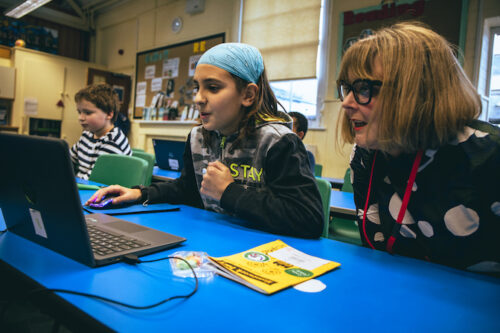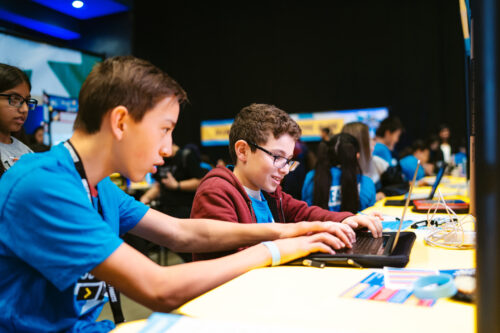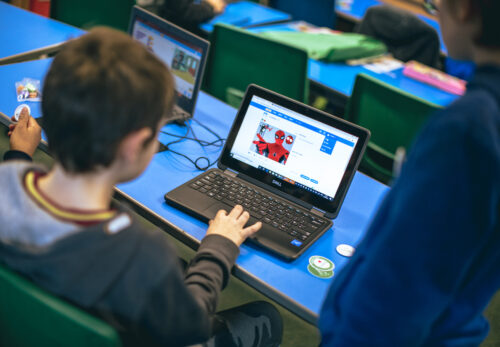Post Syndicated from Hammad Kazi original https://www.raspberrypi.org/blog/code-club-coderdojo-survey-2023/
We support two networks of coding clubs where young people around the world discover the countless possibilities of creating with digital technologies.
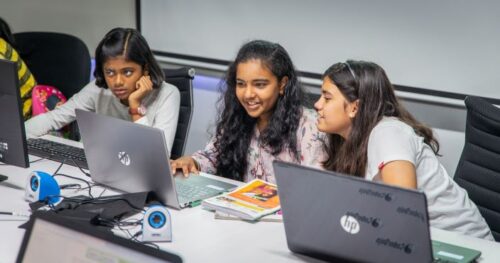
- Code Club is a global network of after-school coding clubs for learners aged 9 to 13, where educators and other volunteers help young people learn about coding and digital making
- CoderDojo is a worldwide network of free, open, and community-based programming clubs for young people aged 7 to 17, where they get the opportunity to learn how to create fantastic new things with technology
Every year, we send out a survey to volunteers at all the clubs we support. Today we share some highlights from the findings and what we’re planning next.
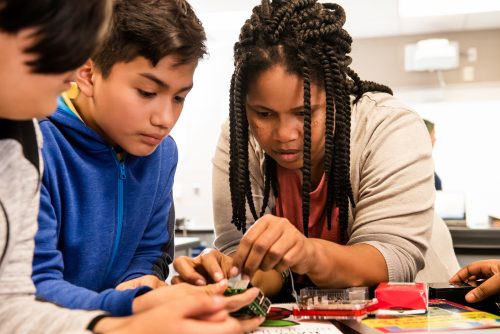
Why do we do an annual survey for clubs?
The simple answer is: to help make clubs even better for everyone involved! Educators and volunteers are doing a remarkable job in helping young people learn about computing and coding, so we want to know more about them, about how they run their clubs, and what impact the club sessions have for young people.
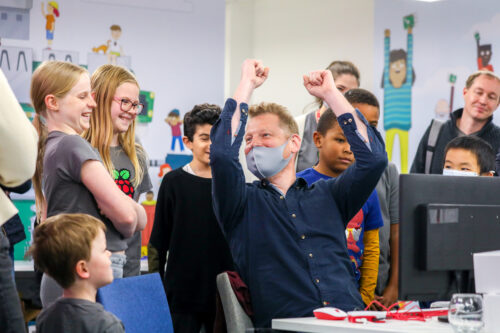
By knowing more about clubs — how frequently club leaders run them, what resources they use, what they would like more of — we can continue to improve the learning experience for educators, volunteers, and young people involved in our clubs.
This year in March we sent out our survey to all Code Clubs and CoderDojos around the world, and we heard back from almost 500. As always, the results were very positive, and they also gave us a lot of useful information on how we can continue to improve our support for clubs all over the world.
Who is involved in clubs?
Based on the survey, we estimate that at the time, the network of over 4200 Code Clubs and 700 CoderDojos was reaching almost 139,000 young people globally. The global community of clubs has continued to grow since then, with a now even larger network of volunteers supporting ever more young people.
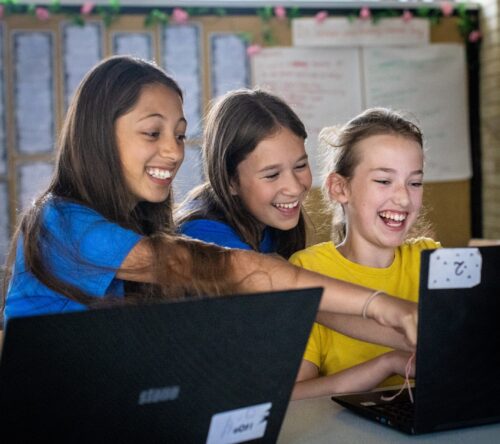
According to the survey, the majority of young people attending clubs are aged between 8 and 13, but clubs host young people as young as 6 and as old as 18. It was great to hear about the participation of girls, and we’d love to see this rise even higher: respondents told us that 42% of their Code Club attendees and 30% of their CoderDojo attendees are female.
Respondents feel that attending club sessions improves young peoples’ interest and engagement in computing and programming, and increases their understanding of the usefulness of computing.
None of these young people would be able to attend clubs without the great work of teams of educators and volunteers. Based on the survey, we estimate that at the time of the survey, there were over 10,300 Code Club leaders and almost 4000 CoderDojo champions around the world. Many survey respondents said that they were motivated to start volunteering after attending a club themselves.
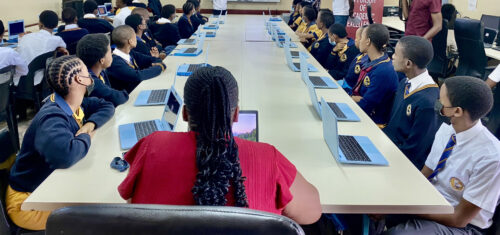
Community is at the heart of clubs and the clubs networks: over 80% of respondents said that belonging to a global community of clubs helps motivates them to volunteer at their own club.
What is the impact of clubs?
Clubs focus on a wide range of topics and programming languages. Scratch is overwhelmingly popular, with over 95% of respondents telling us that they used Scratch in club sessions in the previous year. Micro:bit projects and Python-based programming were also very popular. Club leaders told us that in future they would like to offer more activities around AI applications, as well as around games and mobile apps.
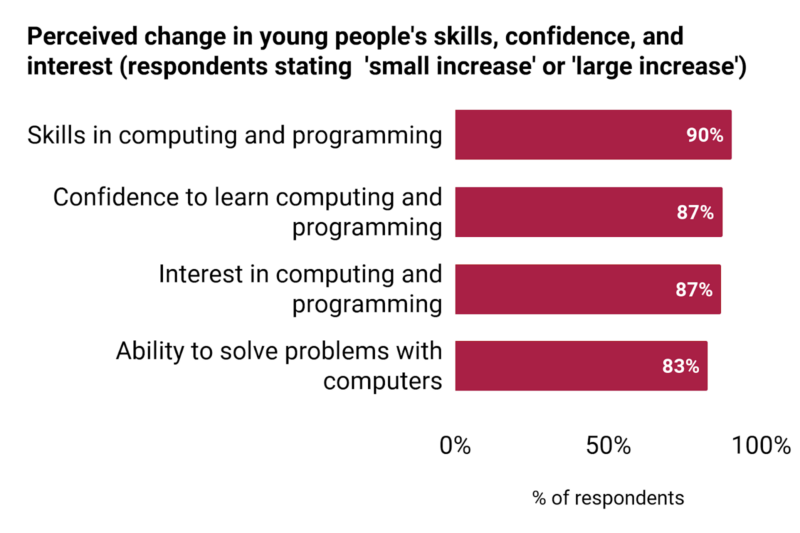
Club leaders told us that being part of a Code Club or CoderDojo affects young people positively. Respondents feel that attending club sessions improves young peoples’ skills and interest in computing and programming, and increases their understanding of the usefulness of computing. Almost 90% of club leaders also agree that after attending a club, young people are interested in additional experiences of learning about computing and programming.
Attending also positively affects young people’s wider skills and attitudes, with club leaders stating that young people who attend improve their personal confidence, independence in learning, and creative thinking.
Young people who attend improve their personal confidence, independence in learning, and creative thinking.
We were pleased to find out that most Code Club leaders, who run their sessions in schools, think that their clubs increase the visibility of computing within their school. Many also said that the attendees’ parents and guardians value their clubs as opportunities for their children.
What’s next?
We want to keep providing clubs with support to increase their positive impact on young people. Thanks to the survey results, we know to focus our work on providing training opportunities for club volunteers, as well as supporting club leaders to recruit volunteers and advertise their clubs to more young people.
You can read the survey report to dive deeper into our findings.
As we take an impact-focused approach to our work, we are currently partnering with Durham University on an evaluation of Code Clubs in UK schools. The evaluation will provide further insights for how we can best support people around the world to run clubs that provide welcoming spaces where all kids can learn to create with digital technologies.
The post What is the impact of attending a Code Club or CoderDojo? appeared first on Raspberry Pi Foundation.
